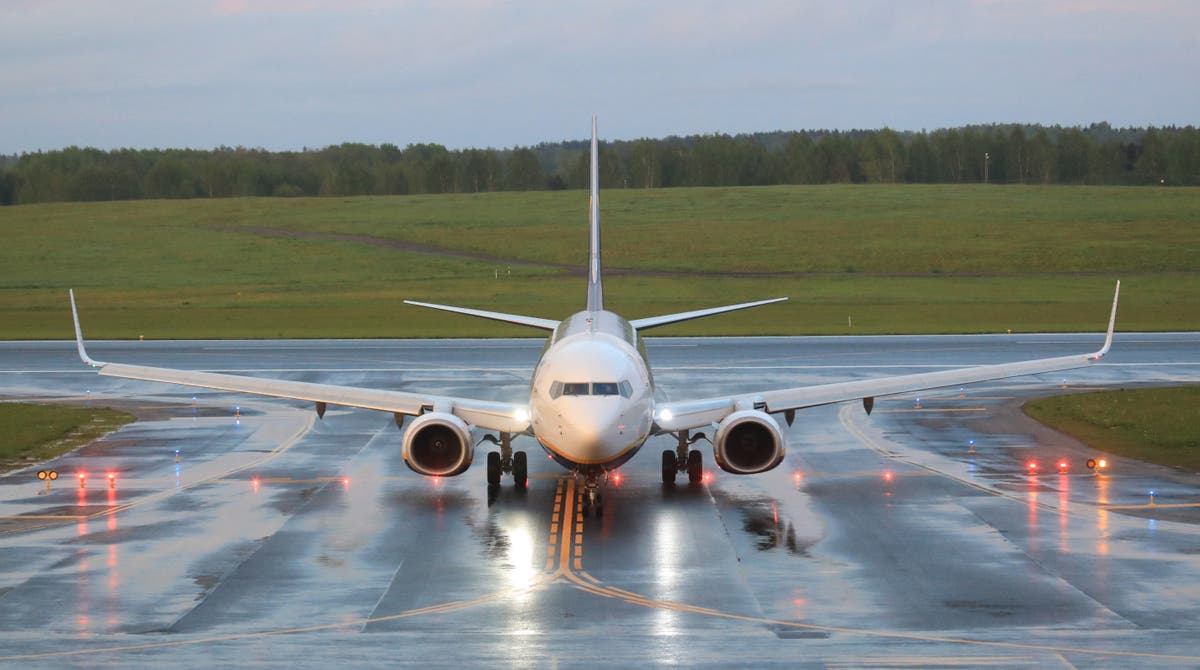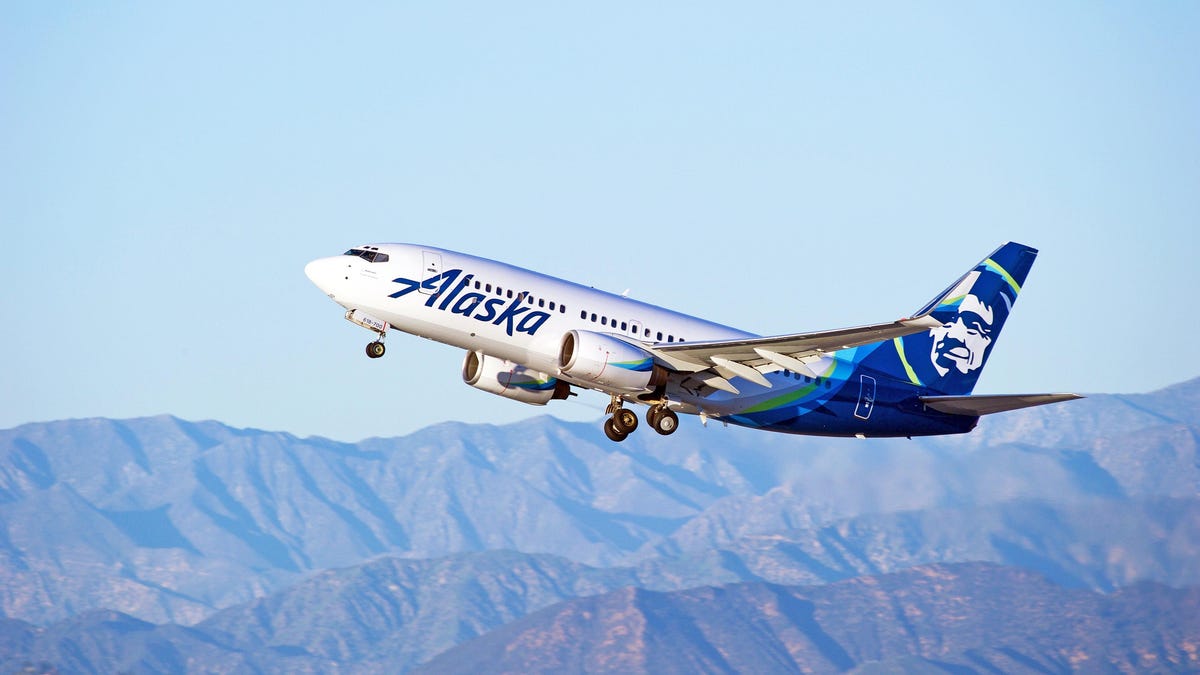US travel: the new rules after Covid test dropped
Pre-travel testing to be dropped from 12 June

As US-bound British holidaymakers prepare for the first transatlantic summer since 2019, the pre-departure Covid test rule is about to be dropped.
At present international arrivals by air must take a Covid-19 test on the day of departure to the US, or the previous day.
But the Centers for Disease Control and Prevention (CDC, the health regulator in the US) has confirmed that fully vaccinated passengers boarding flights bound to the US from Sunday 12 June will no longer need a pre-departure test.
The move will reduce the cost – typically around £30 – as well as the hassle for UK visitors to America this summer. It will also cut the risk of potential disappointment if a traveller tests positive and has to cancel the trip.
These are the key questions and answers.
When is the pre-departure test rule dropped?
Rochelle Walensky, director of the CDC, said: “I have concluded that continuation of the Order is not currently necessary. There being no operational need to delay implementation of this rescission for more than a short period of time, it shall take effect for all aircraft departing from their point of origin on or after Sunday, June 12, 2022, at 12.01 am Eastern Daylight Time.”
That applies to flights scheduled to depart from 5.01am BST on Sunday 12 June.
Anyone who is scheduled to arrive on Saturday – which effectively means all departures from the UK that day – will still need to produce a negative Covid-19 test result.
Can I get a refund for a pre-booked Covid test?
That depends on the policy of your testing company. The Independent has always urged travellers to book tests at the last possible moment in order to avoid losses if the rules suddenly change.
Can anyone now travel to the US?
No, the requirement for international visitors to be fully vaccinated remains in place.
What constitutes “fully vaccinated”?
The CDC defines it as the traveller having had “all recommended doses in their primary series of Covid-19 vaccine”. The key term there is “primary series”. There is no requirement to have had a booster jab.
Accepted vaccines include: Oxford AstraZeneca, Janssen (Johnson & Johnson), Moderna and Pfizer/BioNTech, as well as two Chinese vaccines: Sinopharm and Sinovac.
Travellers are permitted to mix vaccines as long as they are on the approved list, and so long as the two doses were administered at least 17 days apart.
The CDC adds: “You will need to show proof of being fully vaccinated against Covid-19 before you travel by air to the United States from a foreign country.”
How do I prove my vaccination status?
The traveller must show a “record issued by an official source (eg public health agency, government agency) in the country where the vaccine was given”.
From a British perspective, the NHS Covid pass – available free from the NHS in the traveller’s UK nation – should suffice, and it is very likely that digital proof will also be accepted, but play it safe by printing out a copy.
For people who fly to the US, the airline is likely to make the check before allowing you on board.
The airline will be required to “match the name and date of birth to confirm the passenger is the same person reflected on the proof of vaccination” and verify that the traveller meets the CDC’s definition for being fully vaccinated.
At land borders, Customs and Border Protection (CBP) officers will check paperwork.
Must I fill in a form?
Yes. The “Combined Passenger Disclosure and Attestation to the United States of America” is required in paper form – you can complete the details online but you cannot sign it, so you must print it out.
It is at first glance a baffling form. But fully vaccinated adults should tick Section 1, Question 1 and Section 2, Question 1.
On behalf of unvaccinated children aged two-17 travelling with them, the relevant parts are Section 1, Question 4; Section 2, Question 2, second option; Section 4, all boxes in the shaded section.
Then name, signature and date on page 5 of the form.
In addition, the CDC has issued a “Contact Tracing Order” that requires all airlines flying into the US to collect contact information “that will allow public health officials to follow up with inbound air travellers who are potentially infected or have been exposed to someone who is infected”.
Your airline will need:
Any testing or quarantine on arrival?
No quarantine, and testing is voluntary. The CDC recommends that all travellers “get tested for current infection with a viral test before and after they travel”. But this is not mandatory.
If you take up the recommendation, the CDC suggests you “find a US Covid-19 testing location near you” with a link to the US Department of Health & Human Services list of providers.
Prices tend to be high, even compared with UK prices. At Orlando International Airport, for example, a rapid antigen test with AdventHealth costs $65 (£47).
Alternatively you could buy lateral flow tests, for example from the giant pharmacy firms, Walgreens and CVS Health. A pack containing two tests typically cost $25 (£18). There is nowhere to upload the results.
What about children who have not been vaccinated?
Under-18s who travel to the United States with a fully vaccinated parent or guardian need not be vaccinated. However, the parent or guardian must fill out the attestation, completing Section 1 part 4 and Section 2 part 4.
The latter says there should be arrangements for children between the ages of two and 17 who arrive by air for “testing with a Covid-19 viral test three to five days after arriving in the United States, unless such person has documentation of having recovered from Covid-19 in the past 90 days.”
It is not clear how many foreign visitors are complying with this requirement.
Any other red tape?
Visitors must comply with existing immigration regulations, including presenting a valid visa or Esta (America’s online entry permit). At the same time, land travel from Canada and Mexico will open up for non-essential journeys; at present people can fly from either country to the US but cannot travel by road or rail.
Can unvaccinated adults get in if they take a test?
Not unless they qualify for one of a very narrow range of exemptions. Entry is suspended for almost all “unvaccinated noncitizen nonimmigrants” – who, in plain English, are prospective foreign visitors to the US who have not been fully jabbed.
The main exemptions for unvaccinated non-American adults comprise air or sea crew; people with diplomatic, UN or armed forces accreditation; arrivals from countries with limited vaccination programmes (clearly not the UK); those with medical contraindications to vaccines; and people who have participated “in certain clinical trials for Covid-19 vaccination”.
The last of these appears to apply only to “US-based AstraZeneca or Novavax Covid-19 vaccine trials” rather than those conducted elsewhere.
If you believe you qualify, you will need to assemble evidence to the satisfaction of your airline, which will require “official documentation (eg clinical trial letter, participant card, or modified vaccination card) of clinical trial participation” and confirmation you had the full sequence of vaccines, rather than a placebo.
Anyone who is given permission to enter because they qualify for one of these categories must take a test no more than one day before travelling to the US.
What is happening to transatlantic air fares?
They are significantly higher than in January 2019, the last “normal” time. Typically if you paid £600 return last time, expected £900 or £1,000 this year.
Having said that, Aer Lingus was swift to bring in a special seat sale, with £100 off return economy flights and £200 off return business class flights for travel from July to September when booked between Sunday 12 June and Friday 17 June.

 KickT
KickT 
































